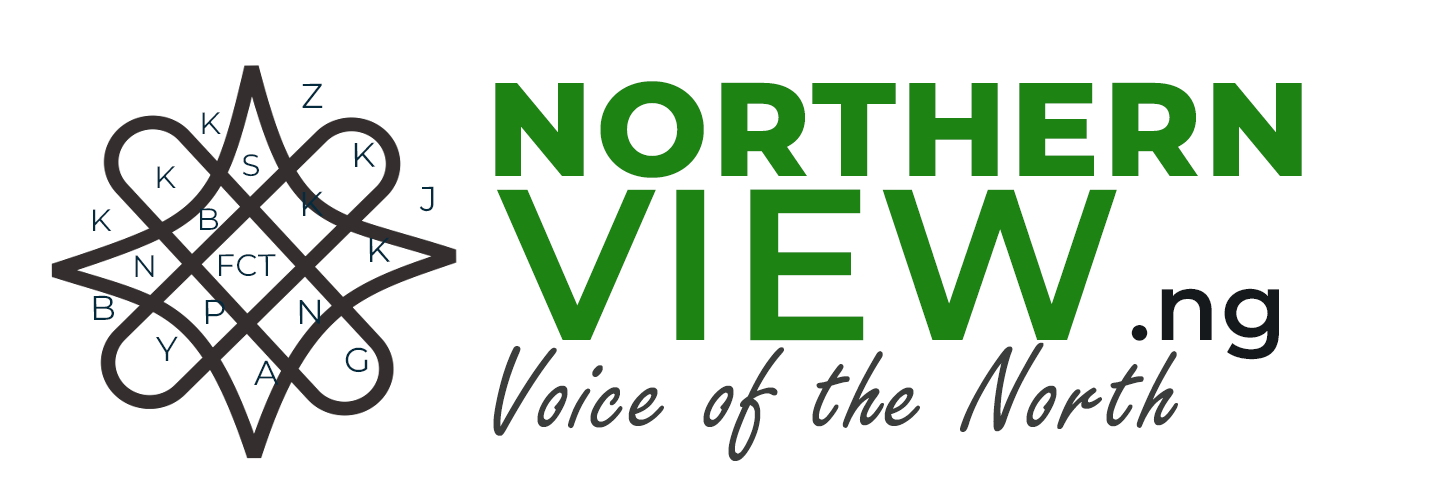
Left To Right: Abubakr Salih Babiker, Technical Coordinator for Infrastructure, WMO Regional Office for Africa, Addis Ababa, Mr Bernard Gomez, WMO Representative for North Central and West Africa, Professor Charles Anosike, Director General and Chief Executive Officer of the Nigerian Meteorological Agency (NiMet)/Nigeria’s Permanent Representative with the World Meteorological Organization (WMO), Luis Nunes, WIGOS Scientific Officer (WMO), and Tchinda Tazo Simplice, Permanent Representative of Cameroon with WMO, at the four-day training workshop for Regional WIGOS Centres in WMO Regional Association ( RA 1 – West Central Africa) in Abuja on Tuesday, 28th May, 2024.
Through WIGOS, National Meteorological And Hydrological Services (NMHSs) Will Be Able To Build Observing Capabilities…NiMet DG/CEO Prof. Anosike
Through WIGOS, National Meteorological And Hydrological Services (NMHSs) Will Be Able To Build Observing Capabilities…NiMet DG/CEO Prof. Anosike
ALIMOTU SHADIAT
The Director General and Chief Executive Officer of the Nigerian Meteorological Agency (NiMet), and Nigeria’s Permanent Representative with the World Meteorological Organization (WMO), Professor Charles Anosike has
said that through the WMO Integrated Global Observing System (WIGOS), National Meteorological and Hydrological Services (NMHSs) such as NiMet will be able to build observing capabilities, achieve better data coverage at national, regional,and global level, improve economic efficiency and close existing data gaps.
Professor Anosike was speaking in Abuja on Tuesday, 28th May, 2024, while welcoming participants to the four-day training workshop for Regional WIGOS Centres in WMO Regional Association ( RA 1 – West Central Africa).

and Tchinda Tazo Simplice, Permanent Representative of Cameroon with WMO, at the four-day training workshop for Regional WIGOS Centres in WMO Regional Association ( RA 1 – West Central Africa) in Abuja on Tuesday, 28th May, 2024.
The workshop which aims at equipping participants with sufficient skills to use the WIGOS tools particularly for Regional Wigos Centres (RWC) functions, make them be aware and better understand their responsibilities related to RWIC functions.
Professor Anosike noted that the North, Central and West Africa region is facing challenges associated with diverse climatic conditions and the socio-economic impacts of weather extremes. “We are vulnerable to droughts, floods and other weather and climate-related natural disasters that can have devastating effects on our economies. Therefore, strengthening meteorological infrastructure and human capacity has become a top priority”, he said.
Professor Anosike commended the WMO Regional Office for North, Central and West Africa for its continued support for capacity development in Africa, and the opportunities available to NMHSs in the region.
The workshop which drew participants from across Africa including Mr Bernard Gomez, the WMO Representative for North Central and West Africa, ends on Friday, 31st May, 2024.





